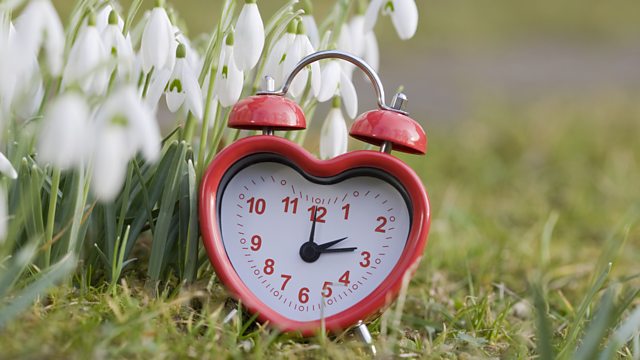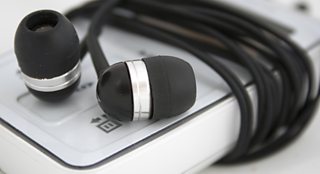Daylight saving time and heart attacks
Daylight saving time and losing an hour of sleep has been linked to a rise in the risk of having a heart attack.
Daylight saving time moves the clocks forward an hour in Spring or back in Autumn to increase the amount of daylight people experience while out and about. In the countries that follow the century-old practice, the spring shift means people lose an hour of sleep. The sudden loss has been linked to a rise in the risk of having a heart attack in studies carried out around the world. Italian professor and cardiologist, Roberto Manfredini, put together the available figures and found a five percent increase in heart attacks in the days following the clock change. But is daylight savings really the cause and what else might disturb our cardio rhythms? With insight from sleep expert and Harvard Medical School professor, Dr Janet Mullington.
Producer: Darin Graham
Presenter: Robert Cuffe
( Heart shaped clock in the garden with snowdrops.Photo Credit: Diephosi /Getty images)


